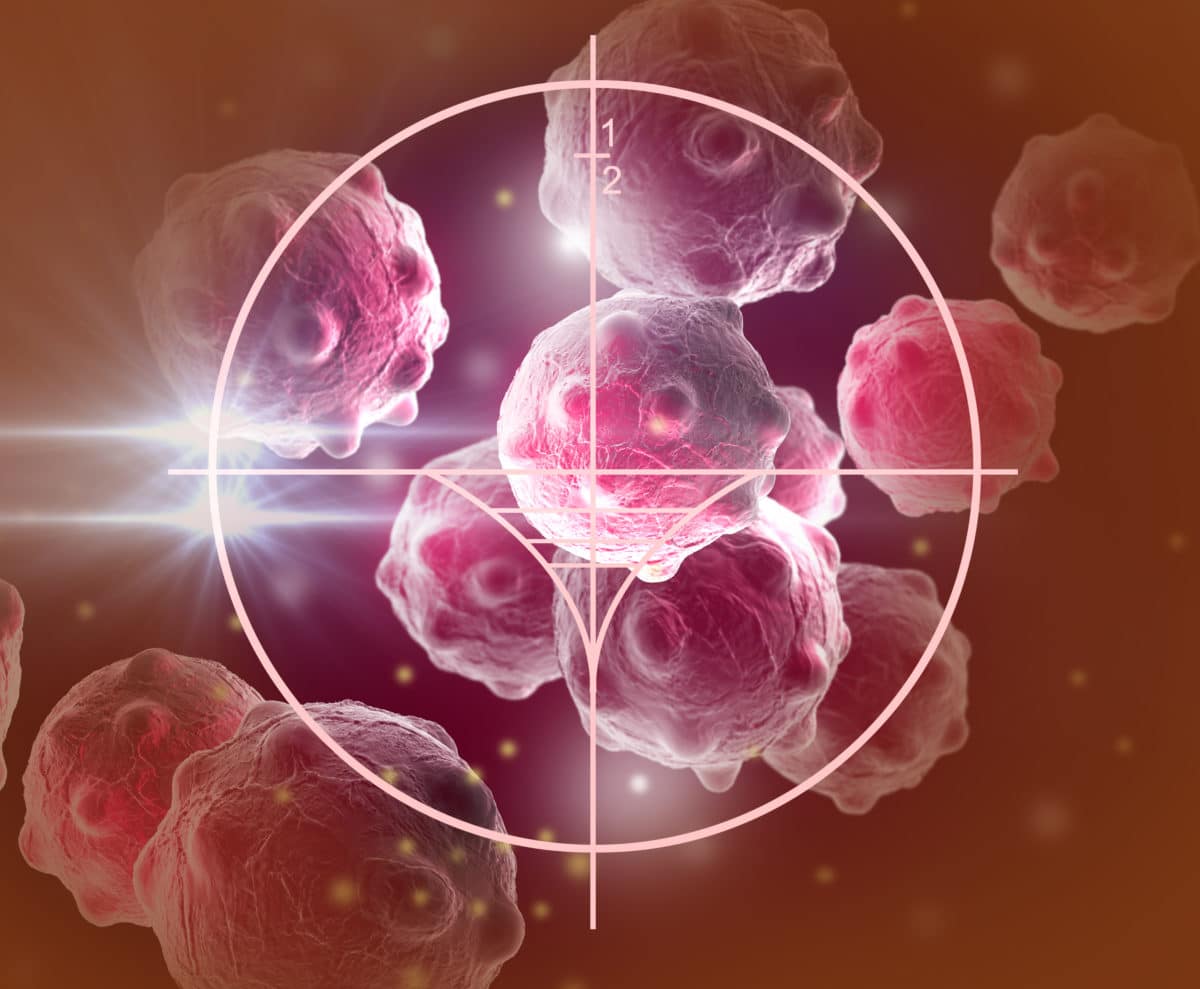What is Lymphoma? Lymphoma is a cancer that usually begins in the immune system. It happens when the infection-fighting cells, or lymphocytes, starts to change and grow out of control.
Below we take a brief look at lymphoma treatments, causes and symptoms.
Signs and Symptoms of Lymphoma
Signs and symptoms of lymphoma can include fever, night sweats, swollen glands or lymph nodes in the armpit, neck, or groin, cough, shortness of breath, fatigue, itching, and unexplained weight loss.
As you can see, a lot of these symptoms may seem like symptoms for other illnesses as well. So it’s always better to see a doctor to get a proper diagnosis.
Causes and Risk Factors
Causes of lymphoma have yet to be determined by scientists. However, there are several risk factors that may be in play.
Here are some of the risk factors you should look into:
- You are between the ages of 15 and 40 years old, or if you are older than 55 for Hodgkin lymphoma
- Those who are 60 years of age or older for non-Hodgkin lymphoma
- A weak immune system due to organ transplant, HIV/AIDS, or if you were born with an immune disease.
- A close relative with lymphoma
- You have been previously treated for cancer with radiation
- Suffer from a immune system disease
- Infected with a virus such as hepatitis C, Epstein-Barr, or human T-cell leukemia/lymphoma (HTLV-1)
- Exposure to benzene or chemicals used to kill bugs and weeds
Lymphoma Treatments
Treatments for lymphoma can differ, and depends on what type of lymphoma you have. The stage of lymphoma can also play a big factor.
For non-Hodgkin lymphoma, here are the main treatments:
- Radiation therapy to destroy cancerous cells
- Chemotherapy which uses drugs and medications to destroy cancerous cells
- Targeted therapy, which is a type of therapy used to target aspects of lymphoma cells in order to stop their growth
- Immunotherapy uses your own immune system to attack cancer cells
As for Hodgkin lymphoma, main treatments include:
- Immunotherapy
- Chemotherapy
- Radiation therapy
Regular visits to the doctor for a full body examination can reduce the risks of developing lymphoma.








